4 Learning a Language Habits to Incorporate
It is hard to maintain a routine while learning a language. Life gets in the way – work, school, friends, family, etc. But creating and keeping habits can really help keep you on track in your language learning journey.
It takes awhile to create a habit, so hang in there. But the thing is – it takes longer to break! So once you have it, you got it!
Here are 4 habits you can start incorporating today to help in your language learning journey:
Read a book in the language once every 2 months
Reading in your own native language can be difficult. This is why I suggest every 2 months. Pick a book that is a bit young (in the sense of age) for you. As much as we would like to read our age appropriate books, we are still young in our language abilities.
For example, if you are an adult, I suggest reading books like Harry Potter or Twilight. These books are meant for young teenagers or even children and chances are, you probably already read them or know the story line.
Knowing what the story is ahead of time is great because you can focus more on the grammar and vocab and less on learning the story itself.
Listen to something in that language once a week
Next, I encourage you to listen to music, audio books, and or podcasts in that language once a week. Listen to one episode, or an hour of music, or 2 chapters, etc.
If you commute to work, pick one day and listen to something in your target language for the commute. Even if you don’t understand, it will accustom you to the different sounds.
Speak in that language for at least 1 hour each week (preferably at a time)
Take one hour to talk in that language. It is preferably if it is 60 minutes straight and with another English speaker, but if you can’t find a partner, at least talk to yourself in the mirror. And if you can’t for 60 minutes straight. Try to do 10 minutes a day.
This way you can get used to forming the sounds/the words as well as creating sentences.
One of the biggest tricks to become more fluid in a language is by speaking the same sentences over and over. Then you don’t have to worry about thinking about the sentence because it is just muscle memory!
The most common first conversations you will have in the language is:
-Where are you from?
-What is your name?
-How old are you?
-What do you do for work?
-Who is in your family?
Once these questions and answers are fluid and comfortable for you, branch out to other topics such as:
-What is your favorite movie and why?
-What is your first memory?
-What is your favorite thing to cook/eat?
Write a paragraph in that language each week (preferably more)
Lastly, write a paragraph or more in that language a week. We practiced your ear muscles, your vocal cords, now it is time to practice your hand muscles. By writing things on paper by hand, you are also re-enforcing the grammar and vocab in your brain.
You can type on a computer if you want, but writing by hand is a lot more useful long term! It can also help with the spelling rather than relying on spellcheck!
Need a little help practicing?
Join My Open Passport Language School today and be guided by a native speaker or a teacher that has spent years studying the language!
Each lesson is 1:1 and can be for an hour or 30 minutes. For children and adults!




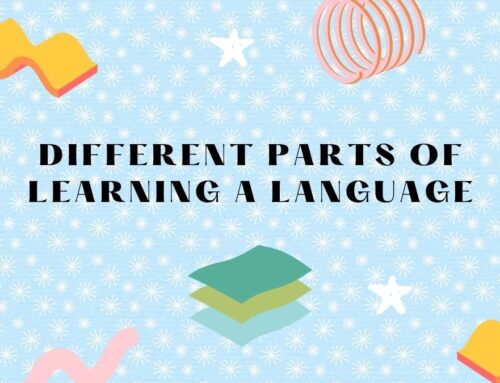
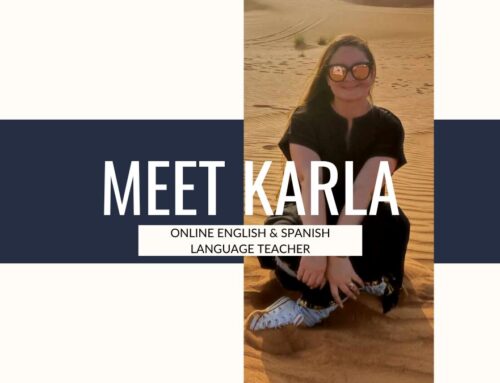

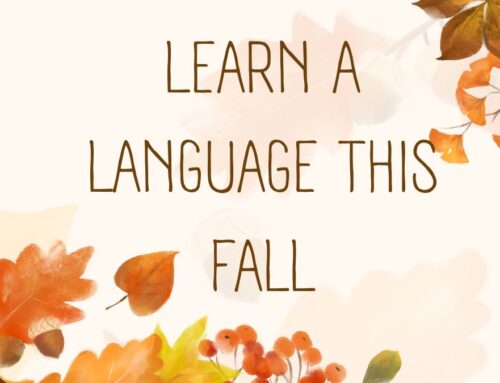


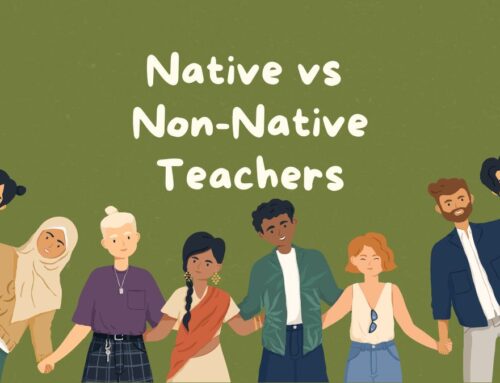


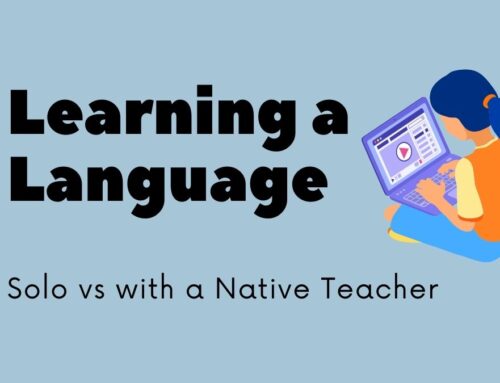

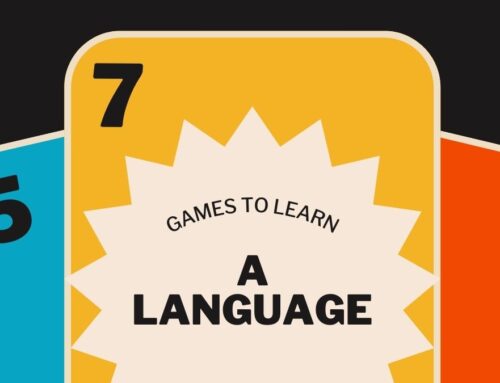
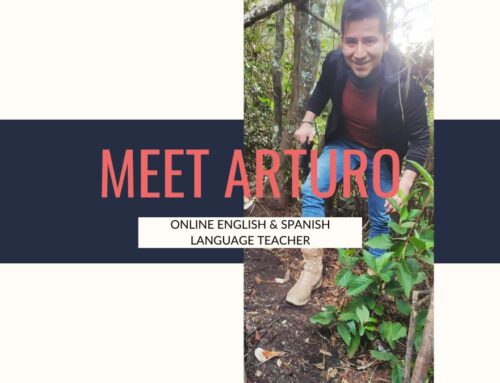
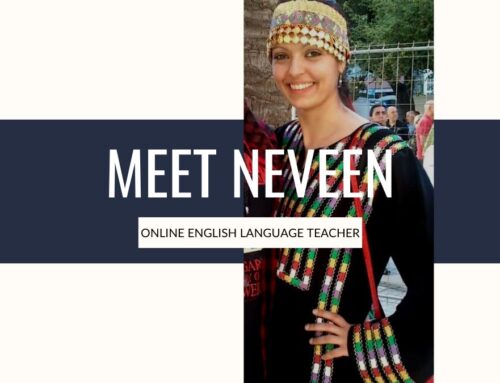
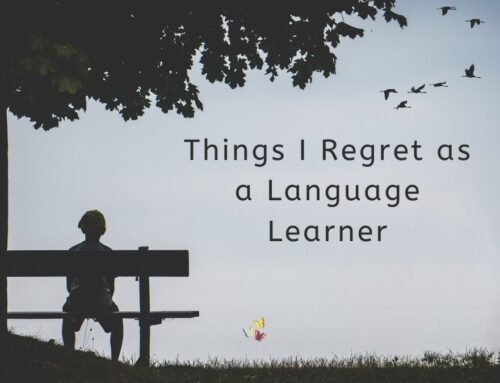
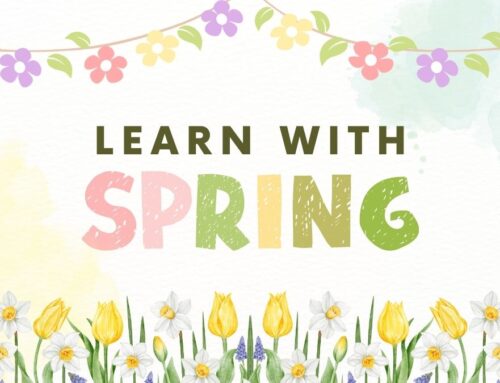
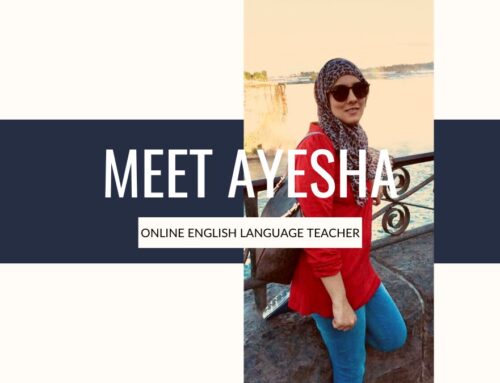


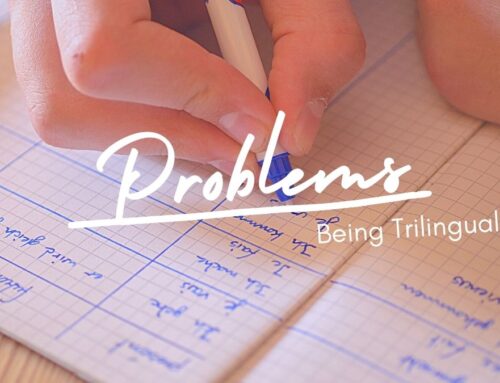
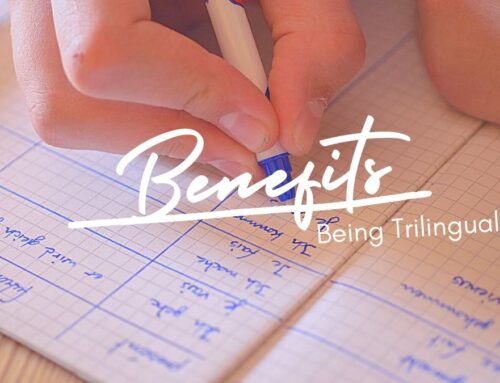
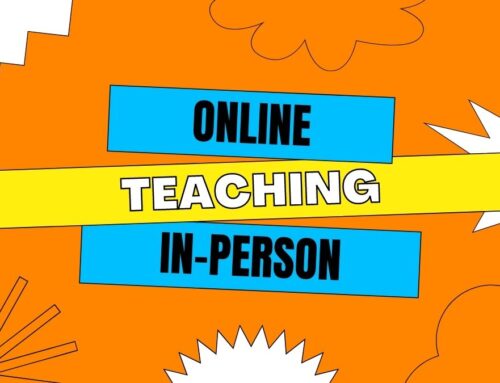



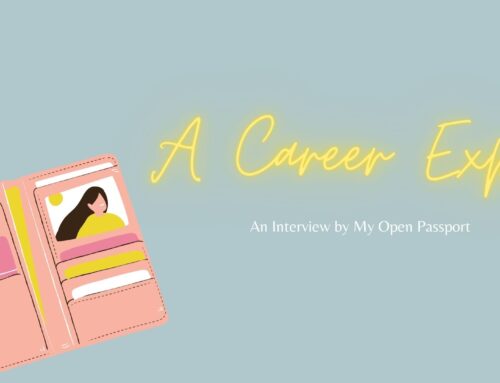
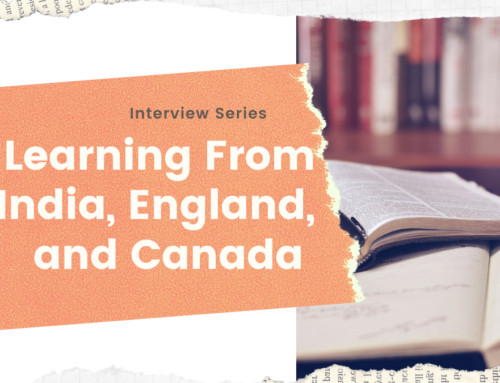



Leave A Comment